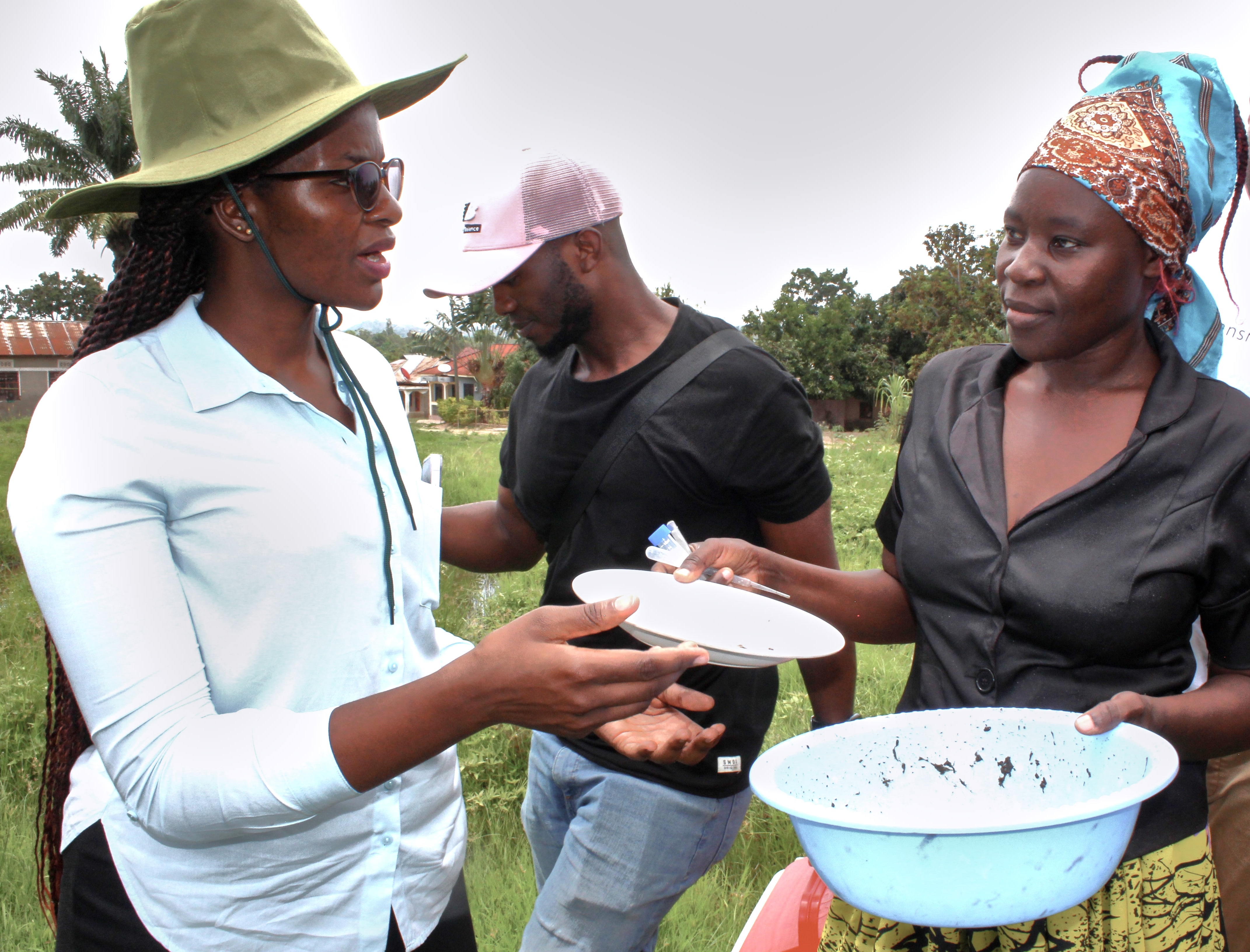
MEETING: Stakeholders discuss gene drive technology for malaria control

From November 5-6, 2024, the Transmission Zero project implemented in Tanzania by the Ifakara Health Institute hosted a two-day meeting with district-level stakeholders in Ukerewe, Mwanza, to discuss the ongoing activities in the district and emphasize the crucial role of stakeholder engagement in malaria control.
The event focused on the integration of innovative tools, such as gene drives, and the importance of transparent communication in advancing malaria control strategies.
The meeting brought together key representatives from across the region, including the Regional Malaria Focal Person, District Medical Officer, District Malaria Focal Persons, Health Officer, Health Promotion Officer, and Vector Control Officer. Together, the group explored the critical need for stakeholder collaboration in the development and application of new technologies like gene drives, which offer potential as complementary strategies for malaria control.
Participants were introduced to the ongoing activities of Transmission Zero and provided with an in-depth overview of gene drive technology and its potential use in combating malaria. The meeting also highlighted Tanzania’s Biosafety Regulations, which govern the use of advanced biotechnologies, including gene drive technology, ensuring safety and environmental protection.
A key highlight of the meeting was a visit to local mosquito breeding habitats, where participants observed mosquito larvae and non-target organisms (NTOs) being collected. This visit, supported by community mosquito collectors, offered valuable insight into the essential role of community engagement in vector surveillance efforts, underscoring the collaborative approach required to tackle malaria at the grassroots level.
The event successfully reinforced the importance of transparent communication and stakeholder involvement in the application of new technologies, setting the stage for continued collaboration in the fight against malaria.
